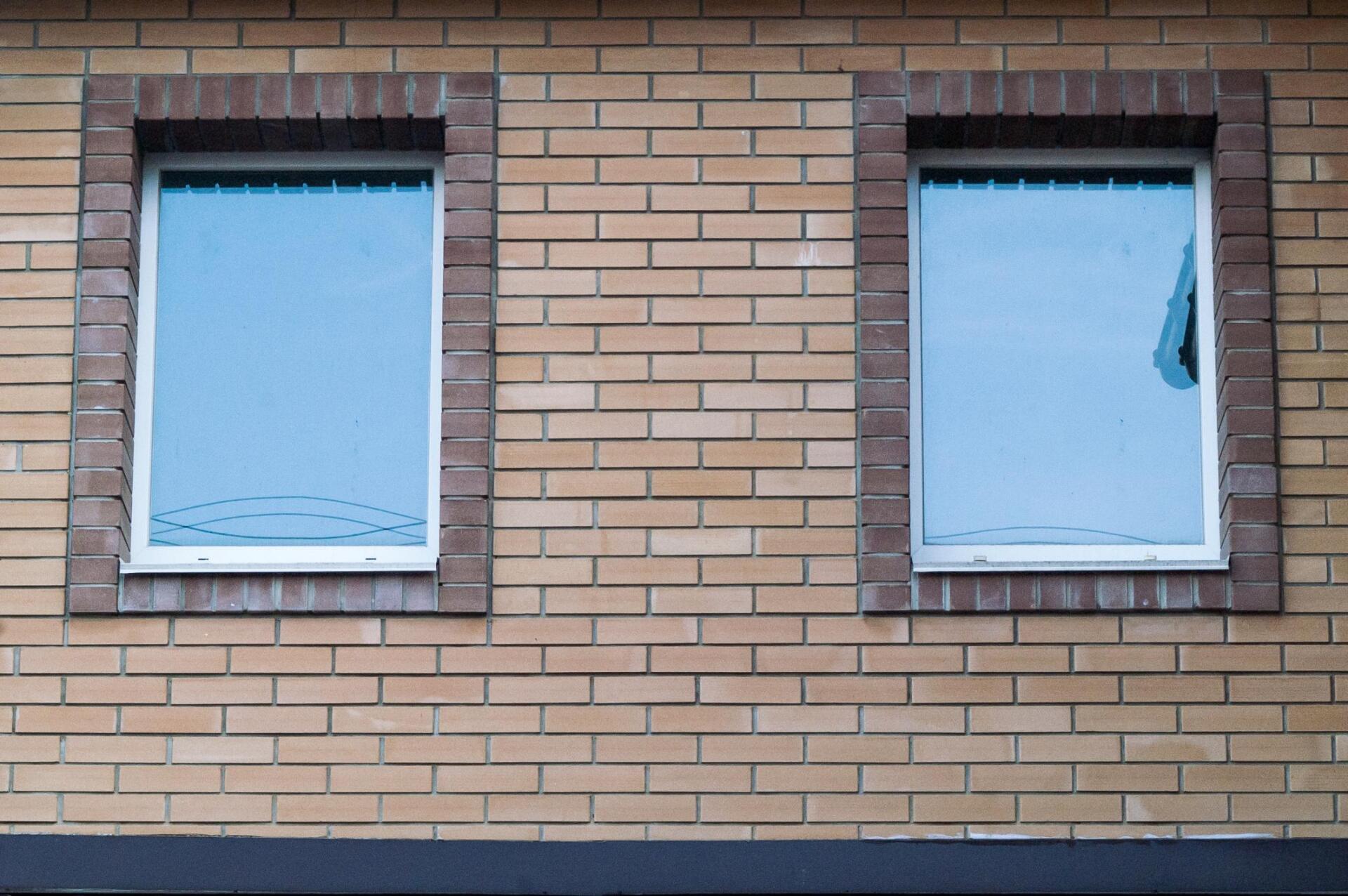Residential Window Tinting Service
Are your home windows energy inefficient? Do you want more privacy, or do you want to reduce how much sunlight gets into your building interior? You can get all of these and more by tinting your home windows. It is one of the most economical ways to improve energy efficiency and safety and boost your home's curb appeal without needing an expensive window replacement.
Different Types Of Window Films Provide Different Benefits
Three main types of window films are used for residential window tinting. Your choice between these three depends on your reasons for tinting your window in the first place:
- Solar Window Tinting: if your top priority is to improve your home's energy efficiency, then this is the type of window tinting recommended for you. A solar window tint is thinner than a safety film but thicker than a decorative film. It is designed mainly to absorb or reflect solar radiation. Most solar window tints can keep up to 99% of the UV rays out of your home. Installing this type of tint film will help regulate indoor temperature, reduce solar glare, and protect indoor furniture from sun damage.
- Security window tinting: this type of window is designed to protect your home from burglary, vandalism, storm damage, and similar threats. Most safety films do not do much regarding heat and UV ray absorption or reflection. Still, they are solid and thick enough to withstand impact damage. Installing a security window tint may mean your windows will become impenetrable. Still, it does help your window hold out for longer and keep shattered glass pieces from flying in every direction.
- Decorative window tinting: You may sometimes get a window tint for aesthetic purposes. This type of tint film does the bare minimum regarding heat and UV reflection since its primary purpose is privacy and beautifying your home. They come in bold colors and may have a variety of stripes, patterns, and motifs for attractive effects.
Choosing The Type Of Window Tint Based On Your Glass Type
The types of window tint you can install in your home depend on the glass you already have installed. Residential window glasses can be basic flat, insulated, or heat treated. Each of these glass types reacts to heat differently. Hence, this is a significant consideration when installing window tinting films since the type of film can place thermal stress on the glass.
For instance, decorative and security window tints do little to block heat. Hence, they place very minimal stress on the glass. Hence they can be installed on any type of window glass. But the solar film has a high heat absorption rate and can increase the thermal stress on your glass window.
Hence, experts recommend that they should only be installed on essential flat glasses with a heat absorption rate of more than 50%. Old insulated glass (over 10 years) cannot take a solar window tint installation. Of course, you can consult our residential window tinting experts to determine if your window glass will be compatible with the window tinting option you intend to use.
Residential Window Tinting For Windows with no Energy Efficient Coating
According to the Department of Energy, US homeowners spend an average of $111 on energy bills monthly. A common reason for this is that most homes have no energy-efficient windows. Older windows are the most guilty of this as they lack low-emissivity coatings that can block out the heat. You can improve your home's heat efficiency by installing solar window tints for such a building. And even if your windows already have low-emissivity coatings, you can consider installing a decorative tinting film to improve the aesthetic appeal of such a window or for privacy.


